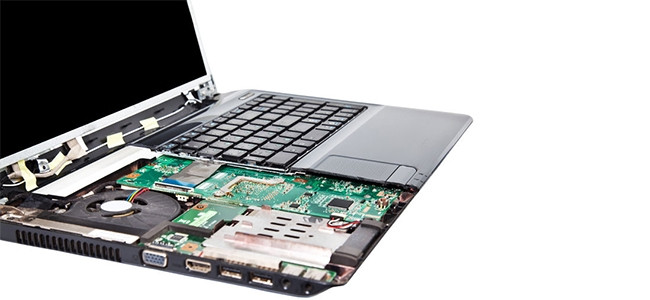
The traditional PC market has been on the back foot for a couple of years, with sales being cannibalised by tablets.
Now, worldwide shipments of traditional PCs (desktops, notebooks and workstations) totalled 67.2 million units in the third quarter of 2017 (3Q17), which translates into a slight year-over-year decline of 0.5%.
This is according to market analyst firm the International Data Corporation's (IDC's) Worldwide Quarterly Personal Computing Device Tracker.
The firm says the results were better than projections of a 1.4% decline, and further demonstrate the trend of market stabilisation in recent quarters. Improvement in emerging markets as well as US back-to-school promotions helped boost results.
IDC notes the component shortages of recent quarters have continued to improve and did not factor as a significant hindrance to production volumes.
Nonetheless, the firm points out that higher component prices and inventory in some markets meant limited shipments and validated IDC assumptions about a muted third quarter. Competitive pressures further cemented the dominance of the top five PC companies, which accounted for nearly 75% of the total traditional PC market.
From a geographic perspective, IDC says mature markets as well as emerging markets struggled, with the notable exceptions of Japan and Canada, which continued to see positive growth in 3Q17, and Latin America, which rebounded after a dismal 2016 and first half of 2017.
"The traditional PC market performed much as expected in the third quarter," says Loren Loverde, programme vice-president, Worldwide PCD Trackers. "Emerging markets rebounded slightly more than anticipated, but overall results reflect the stabilisation we expected following component and inventory adjustments."
Loverde notes the outlook for the fourth quarter remains cautious, likely with a small decline in volume for the quarter and the year.
He adds the gains in emerging regions and potential for more commercial replacements represent some upside potential, although IDC continues to expect incremental declines in total shipments for the next few years.
According to IDC, the US traditional PC market experienced a fresh decline in shipments in 3Q17 with a notable drop in notebook sales. Continuing pressure from other mobile devices along with inventory management contributed to a drop in notebook shipments. Although desktops did perform better than forecast, the category also experienced another declining quarter. Overall, total PC shipments for 3Q17 stood at 16.6 million units, says IDC.
It states the Europe, Middle East and Africa (EMEA) traditional PC market continued to show clear signs of progress towards stabilisation for another quarter.
With customers increasingly adopting a mobility mindset, notebooks were undoubtedly the drivers for the EMEA PC market, the firm says. Although desktops continued to erode, growing interest in gaming contributed towards keeping the desktop market afloat.
The market analyst firm says HP retained the top spot and further lengthened its lead with nearly 23% share of the market, helped in part by major wins in Asia-Pacific. HP was the only top vendor to manage a notable shipment increase with growth of 6% on the year.
Lenovo held second position with volume holding flat at 0.1% year-over-year growth. The company continued to struggle in North America, with weak notebook sales, but also seemed to have slowed its recent decline in Asia-Pacific.
Dell remained in third position, and grew 0.8% year-over-year. Dell fared well internationally, but saw declining volume in North America.
Apple kept fourth position, keeping shipments roughly flat with growth of 0.3% year-over-year.
ASUS retained fifth position, but was the only company in the top five to decline faster than the market average, says IDC.
Share